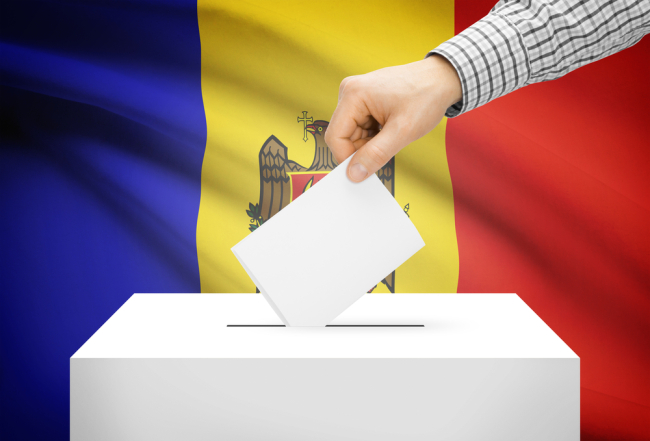Vladimir Putin turns 60
What are, in your opinion, his main successes during these 60 years?
- Vladimir Putin’s main success is his ability to be elected the President of Russia for two times; he is certainly a leader with a prominent standing in the Russian history. However, the question of whether the third presidency can be regarded as a success or an achievement is still open. The conditions under which the elections were held, especially the political opposition will be a political problem for him and for Russia for the next 6 years. My answer is that the first two elections were definite successes, but I wonder about the third one.

What lies behind Russia's new laws ?
Does the introduction of these laws lead to a more civilized political and cultural discourse in Russia?
- The main stake of these laws does not really deal with the emergence of a more civilized political discourse in Russia. What ultimately lies behind the Duma’s new laws is a mixture of nervousness about a political environment that is wholly unfamiliar, and a belief in the methods of Vladimir Putin’s previous stints as president.

Russia: the bear's grip falters
We should all be able to agree on a fact: despite the growing international indignation toward it, Russia’s position on Syria has remained remarkably consistent throughout the crisis there. By blocking passage of any resolution at the UN Security Council, Russia has gained both an international visibility and influence that go far beyond its means. And it is precisely this on which the Kremlin seeks to capitalize.

Russian internet demonstrates high level of political maturity
How do you assess the Russian internet, in general? Is it different from the English web or not, in political terms?
- First of all, we should make a distinction between the official position on the internet as a political issue for the Russian government, and what happens in domestic terms. In the first case, it's very interesting to observe the desire by the Russian state to get back on the web.

Russia to Remain at Top of Political Agenda
Which country can Russia consider as a partner and a friend, if such country exists?
- It’s an uneasy question to be honest, given the fact that the main driver of Russian foreign policy is to maintain its strategic solitude. I think that Russian diplomacy is very active in different parts of the world and try to set up some good relations with many countries.

Russia Offers Up to $20 Billion to Help Shore Up Euro
BRUSSELS — Russia said Thursday that it might pledge up to $20 billion via the International Monetary Fund to help stabilize the euro, highlighting the effects of the sovereign debt crisis on Europe’s global influence.

Russia's virtual: the new reality?
Russia's blogosphere has until recently been largely written off as a politically blunt parallel space. The Facebook mobilisation of 50,000 protestors has challenged such assumptions, writes Julien Nocetti.
The Russian Paradox
The clear dividing line between Russia’s state and nonstate higher education establishments is evident even in official statistics and national ratings. During the 1990s it became a cliché that the non-state universities could not offer a good level of training.

Russia's government pins hopes on universities not academy
The latest international research report from Thomson Reuters says one thing about Russia: the country’s share in global scientific activities—publications or patents—is small and declining.
Moldova’s Foreign Policy after 2024 Presidential Elections: Staying on the EU Path, Moving Eastwards or Becoming Multi-vector?
The future of Moldova’s foreign agenda will undergo a stress test during the upcoming presidential elections on October 20, 2024.
Support independent French research
Ifri, a foundation recognized as being of public utility, relies largely on private donors – companies and individuals – to guarantee its sustainability and intellectual independence. Through their funding, donors help maintain the Institute's position among the world's leading think tanks. By benefiting from an internationally recognized network and expertise, donors refine their understanding of geopolitical risk and its consequences on global politics and the economy. In 2024, Ifri will support more than 70 French and foreign companies and organizations.














